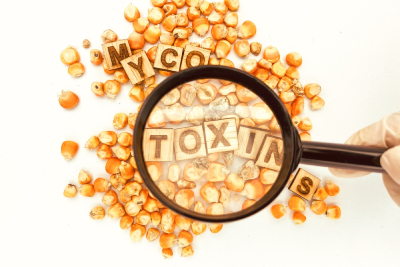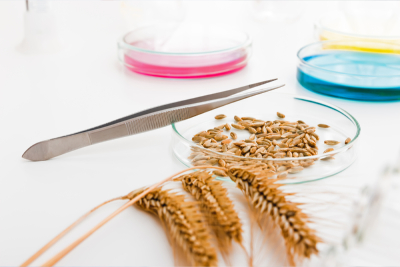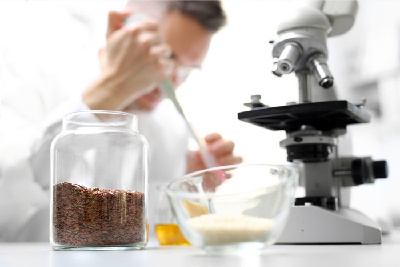Organic Food Testing and Jaivik Bharat
Organic food is increasingly popular among consumers who seek healthier and environmentally friendly options. However, ensuring that products labeled as organic truly meet the required standards is crucial. This is where organic food testing comes into play, ensuring the integrity and safety of organic products. In India, the Jaivik Bharat initiative plays a significant role in promoting and regulating organic food. Let’s explore the world of organic food testing and the impact of Jaivik Bharat.
What is Organic Food Testing?
Organic food testing involves analyzing food products to ensure they meet organic standards, which typically include being free from synthetic pesticides, fertilizers, GMOs, and other non-organic substances.
History and Evolution
The practice of organic food testing has evolved alongside the organic farming movement. As consumer demand for organic products has grown, so has the need for rigorous testing to verify organic claims and ensure food safety.

Microbiological Testing
Identify potentially dangerous bacteria, yeast, and mold to ensure the safety of organic food.

GMO Screening
Assuage customer concerns about non-GMO options by confirming that organic food items are free of genetically modified organisms.

Pesticides Residue
Examine samples of organic food to make sure that pesticide residue regulations are being followed and that the goods are free of chemicals.

Mycotoxin
Determine the presence and amount of mycotoxins to protect organic food and reduce health hazards from fungus infestation.

Allergens
Determine and measure allergenic components to protect allergy sufferers from eating organic food.

Testing as per Jaivik Bharat
Ensure that organic claims are credible by certifying items in accordance with Jaivik Bharat criteria.

Agmark Inspection & Grading
Utilize Agmark's inspection and grading services to ensure the quality of organic food while ensuring compliance with legal requirements.

Toxins
Examine samples of organic food for toxins to make sure consumers are safe and that strict quality standards are being followed.

Heavy Metals
Determine the presence and amount of heavy metal contamination in organic food to guarantee safety and compliance with legal requirements.
